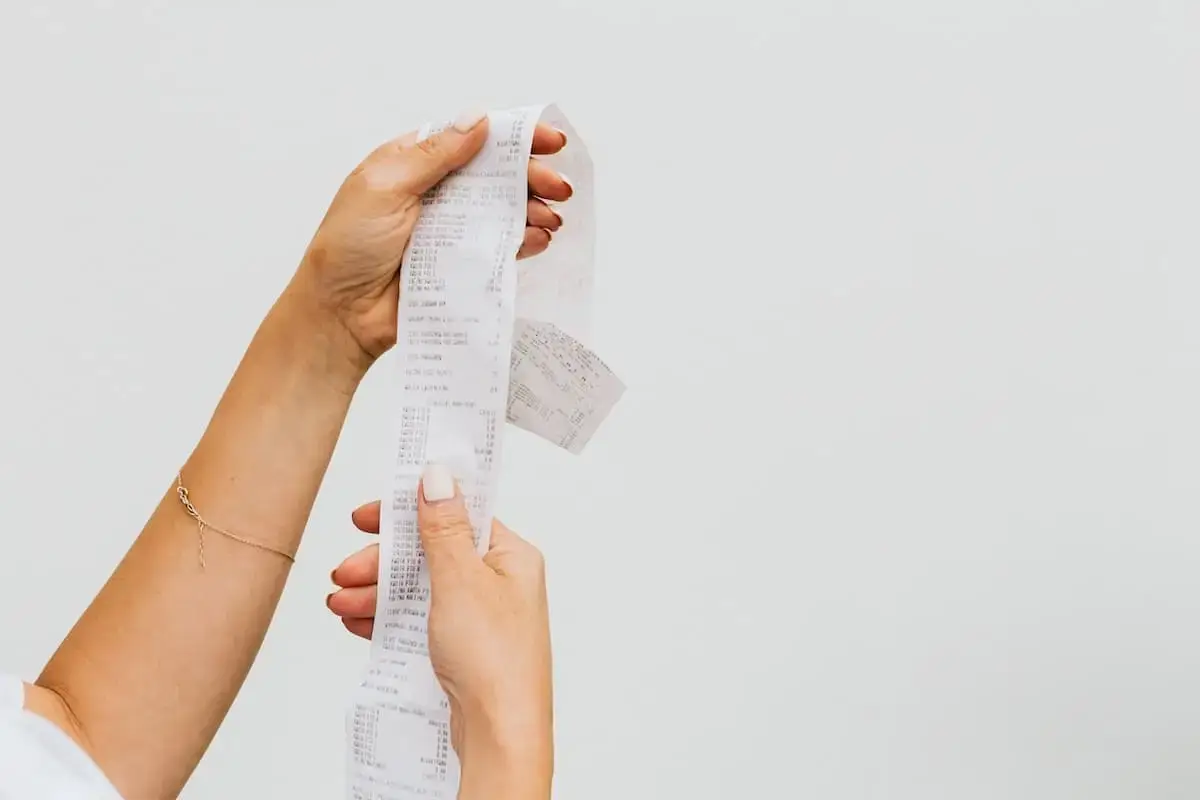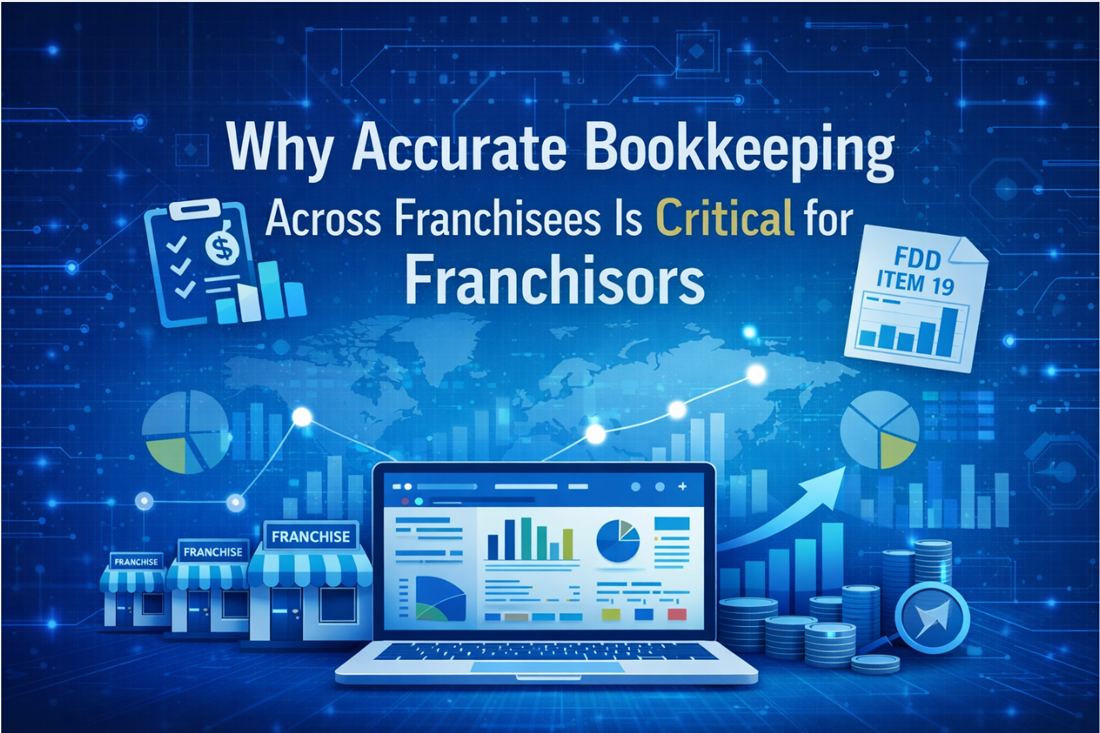Most small businesses are unlikely to go through an IRS audit, but it’s possible.
What happens if you get audited and don’t have receipts to back your expenses? It’s a common question and concern for many business owners.
The best way to avoid headaches during an IRS audit is to keep accurate business records and bookkeeping year-round, including tracking receipts.
Receipts are a paper trail for your business transactions and taxes. Without them, it’s harder to prove your tax deductions and other records are accurate. However, forgetting or misplacing receipts happens, especially when you’re busy running a business.
The IRS regularly deals with missing receipts, so there are guidelines for what businesses can do if they don’t have receipts.
xendoo’s bookkeepers and CPAs have years of experience managing business records. Below, learn everything you need to know about IRS audits and receipts.
Table of contents
- Why do businesses need receipts?
- Receipts businesses should keep
- What happens if you get audited and don’t have receipts
- What to do when you don’t have receipts
- How bookkeeping and tax services help
Why do businesses need receipts?
Receipts are records and proof of payment for the income and expenses your small business claims on tax returns. Without receipts, you may not be able to prove that a business transaction took place.
Businesses should keep receipts for record-keeping, but also to claim tax deductions and credits.
For example, if you’re traveling away from home for a business trip, you could deduct travel expenses, which would save you money on taxes.
However, you’ll need to prove that the travel was for business purposes and keep receipts for items like:
- Airfare
- Hotels
- Parking fees
- Car rental or ride-share
- Other travel expenses
Receipts businesses should keep
Receipts aren’t the only records businesses should keep; they help you track your income and expenses.
Companies track a lot of receipts. Some examples of costs that you’ll need receipts for include:
- Office supplies and equipment
- Inventory purchases
- Advertising and professional services
- Company training and employee education
- Travel expenses
Since this isn’t an exhaustive list, it’s best to track all your business receipts and update your records regularly. To make the process simpler, many small business owners use business expense tracking and receipt apps.
A bookkeeping service can also advise you on which records and receipts to track (and in some cases, do it for you).
What happens if you get audited and don’t have receipts
You have several options if you’re audited and don’t have receipts. Because the IRS regularly deals with missing receipts, there are standard steps businesses can follow.
In most cases, you can track down receipts or provide other documents, which we’ll outline later, to prove an expense. The worst-case scenario is that the IRS may remove some business tax credits and deductions you claim.
Audits aren’t as big a deal as movies and the media make them out to be, especially if you keep organized business records. There are many reasons the IRS might audit a business, but most happen due to random selection or tax errors.
If the IRS audits you, you’ll receive a notification letter. From there, you’ll communicate with your auditor and provide the documents they ask for.
The IRS doesn’t always share what triggered an audit, but these are some red flags:
- Over or under-reported income
- Suspiciously high tax credit and deduction claims
- Rounded numbers ($2,000) for expenses instead of exact amounts ($1,930)
- Other mistakes or inaccurate data
Although tax professionals and CPAs are familiar with tax laws and can help you navigate an audit, they focus on avoiding audits first. Business tax services prepare and file taxes for you, so they’ll catch inaccuracies and mistakes before you send tax returns to the IRS.
What to do when you don’t have receipts
If you don’t have receipts and you’re worried about an IRS audit, you have two options.
- Hire a catch up bookkeeping service that also has tax CPAs. They’ll get your records caught up, file your taxes accurately, and help you avoid an audit in the future.
- Gather all the receipts and tax documents yourself. You’ll need the time to dig through and organize your business records.
If you don’t do either of the above options, you’ll likely take the loss of deductions or credits. Depending on your situation, you may need to pay IRS fees.
Let’s look at the steps you can take when you don’t have receipts.
1. The Cohan rule
Missing receipts are so common that since the 1930s, a legal rule has outlined options for taxpayers who don’t have them. It’s called the Cohan rule, and in some cases, you can use it to claim deductions if you’re missing receipts.
In a nutshell, the Cohan rule says that:
- You can claim business expenses without receipts if they’re reasonable and credible.
- The IRS may not allow you to claim the full amount. Instead, they’ll calculate the minimum standard amount for expenses.
The Cohan rule has helped many small business owners prove their expenses when missing receipts. However, the IRS can reject your deductions even if you follow the Cohan rule.
For example, you can’t claim the Cohan rule if your deductions include certain expenses like entertainment. You’ll also need to explain and document the:
- Exact purchase amount for products or services
- Reason for the purchase
- Dates and locations when you purchased it
- Other relevant transaction details
2. See if vendors will provide invoices and receipts
To provide the IRS with documentation, you can reach out to vendors to request duplicate receipts.
Since most vendors use online invoicing and billing systems, they’ll have copies of your records.
Keep in mind that some vendors might charge a fee for their time to retrieve past invoices, receipts, and other statements.
3. Find checks, credit card, or bank account statements
If you’re unsure where you made a purchase or can’t contact them to provide copies, search through old checks and bank and credit card statements.
Going through these documents can tell you:
- How much you spent
- When you made a purchase
- What company is the transaction from
You can use this information to reach out to vendors and ask them for receipts or use it to prove your expense is legitimate. Getting copies of the receipts is ideal though, since it will show exactly what you spent money on to count as a tax-deductible expense.
4. Review your calendar and emails
Reviewing your calendar and email will help you narrow your search for receipts.
When you make a purchase, companies often send payment confirmation and a copy of your receipt to your email. If you know the company’s name, purchase date, or other details, you may find it by quickly searching your inbox.
If you don’t, looking through your calendar could reveal where you were on certain days. It’s especially helpful to find when you travel for business so you can claim those travel expenses.
Although this method helps you find transaction details, the IRS doesn’t accept calendars or emails as proof of business expenses.
5. Look at location data and maps on your phone
A similar method for searching for transaction details is to use location data on your phone. Your phone stores a lot of information about your activities throughout the day.
You can search through your Google search or social media history to find the names of vendors and locations you visited.
Again, it will help you find where you purchased so you can track down receipts. However, the IRS doesn’t accept location data as proof of your deduction eligibility.
How far back can the IRS go to audit previous tax returns?
During audits, the IRS generally reviews income tax returns for up to three years. However, in certain cases, the IRS may extend this period to six years if they deem it necessary to investigate any issues in your past tax returns. It is crucial to note that such a six-year audit extension is uncommon and is typically reserved for more serious or complex situations.
How bookkeeping and tax services help
Although keeping records and receipts is best, you can claim reasonable business expenses without receipts. If you don’t have receipts, you may not be able to claim the full amount of deductions unless you can prove your claims are legitimate. Missing receipts could mean you have inaccurate records and tax returns, which could trigger an audit.
Businesses can avoid audits with accurate and organized bookkeeping year-round. However, there are many records that businesses need to keep, including receipts, financial statements, payroll, and much more. It’s understandable if you lose a few receipts or fall behind—many businesses do.
Professional tax services like xendoo make bookkeeping easy for businesses. If your business needs catch-up bookkeeping, accounting, tax services, or a combination, chat with a xendoo accountant. We’ll get to know your business and its bookkeeping and accounting needs during the chat. If you aren’t sure which services you need yet, we’ll help you figure that out.









